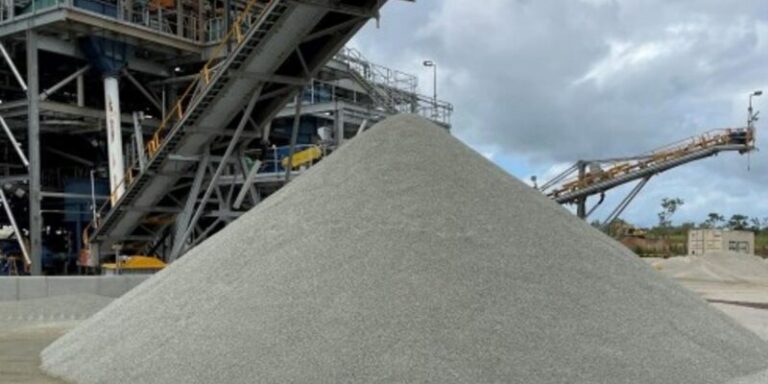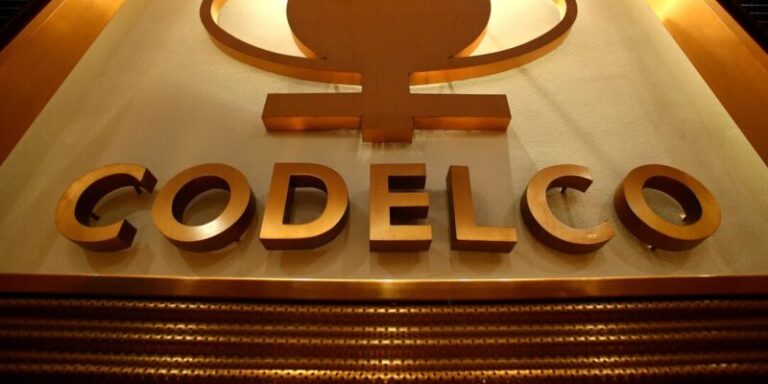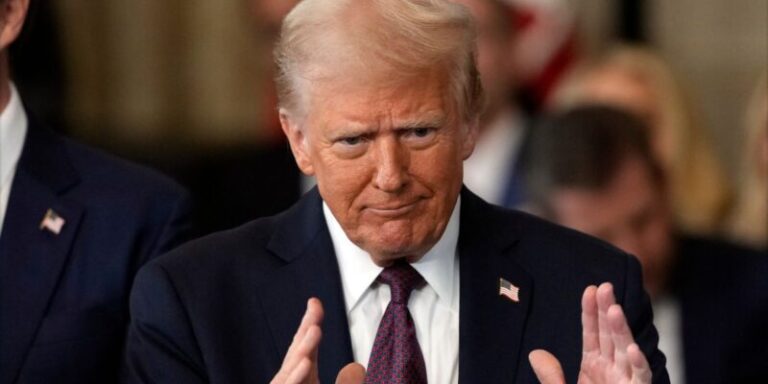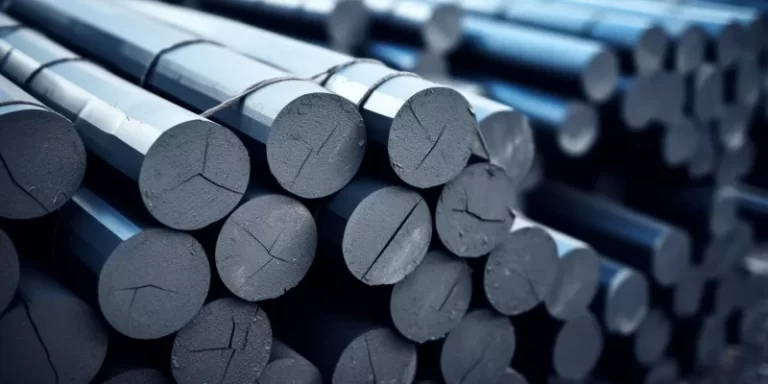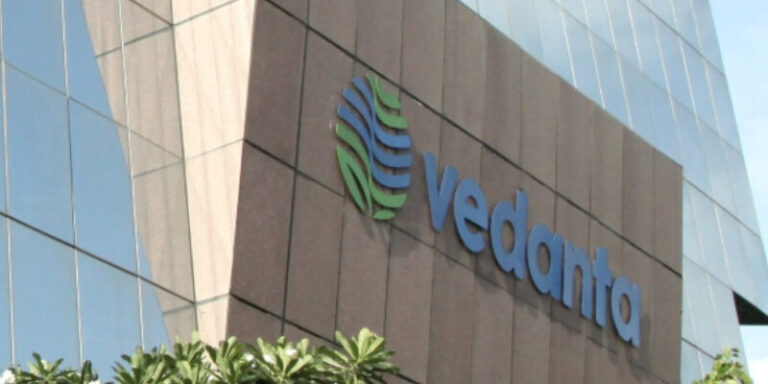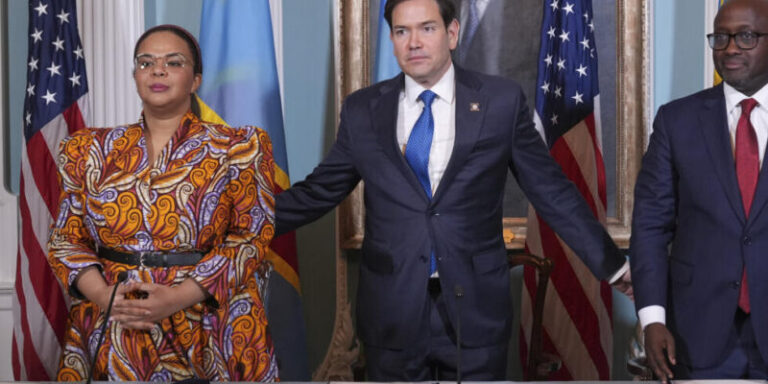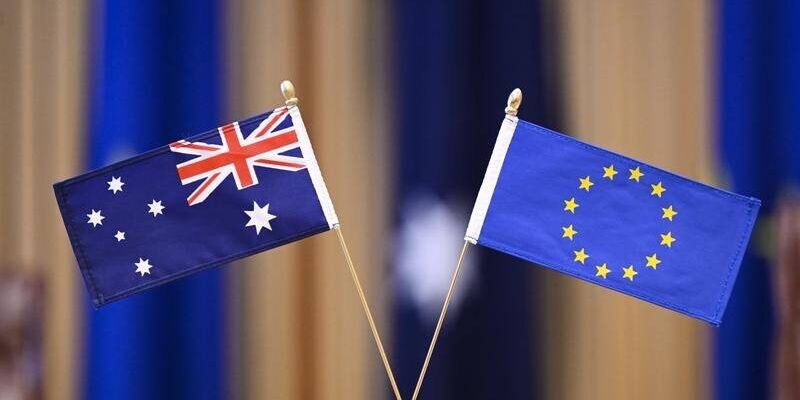
Australia and the European Union have entered into a significant agreement to enhance cooperation and investment in critical minerals, a move aimed at reducing China’s dominance over supply chains crucial to high-tech and green manufacturing.
Ministers from Canberra and Brussels signed a memorandum of understanding (MoU) on Tuesday, committing to the joint development of “concrete actions” over the next six months to improve collaboration on critical minerals projects.
“Australia is a like-minded partner and a global leader when it comes to critical raw materials,” stated EU Commissioner for Trade Valdis Dombrovskis.
“This partnership marks a major step forward in our efforts to secure a more sustainable supply of critical raw materials for the EU, whilst fostering investment in Australia.”
In recent years, the US and its allies have been seeking alternative sources for critical minerals such as lithium, cobalt, and nickel, which are essential for manufacturing computer chips, solar panels, and military hardware.
China’s current control over much of these supplies poses a risk, especially with the growing strategic competition between Washington and Beijing.
Access to critical materials is a significant concern for the EU, particularly due to the potential for China to leverage its sector dominance as a geopolitical tool.
Australia, possessing extensive and largely untapped deposits of several critical minerals, has been bolstering its domestic industry through financial support and tax incentives, including new measures announced in its May budget.
The MoU outlines plans for Australia and the EU to increase investment in critical mineral projects, including joint ventures, and to collaborate on research and innovation.


